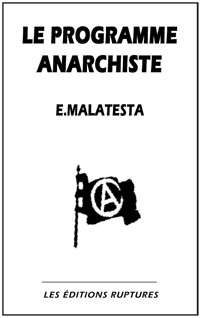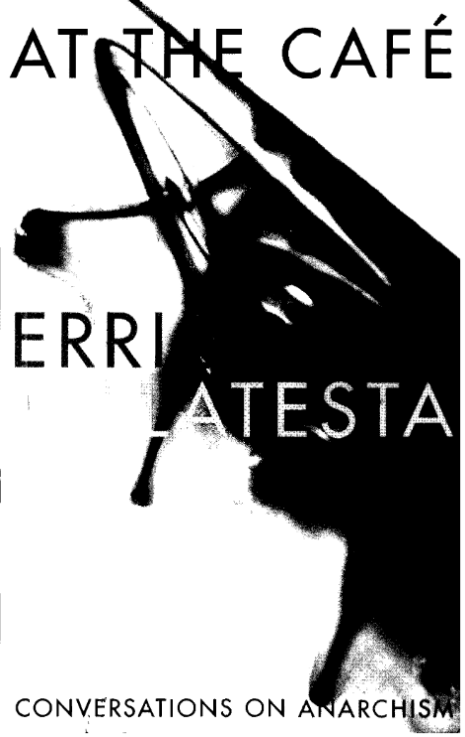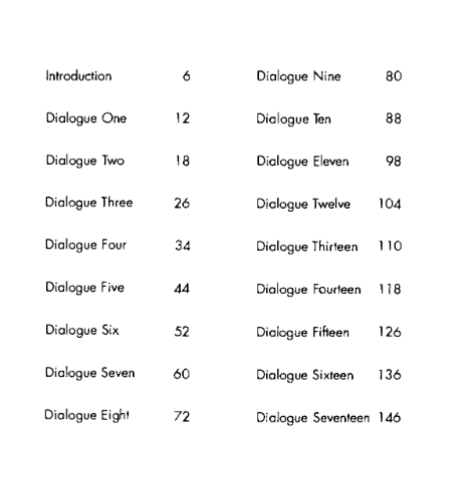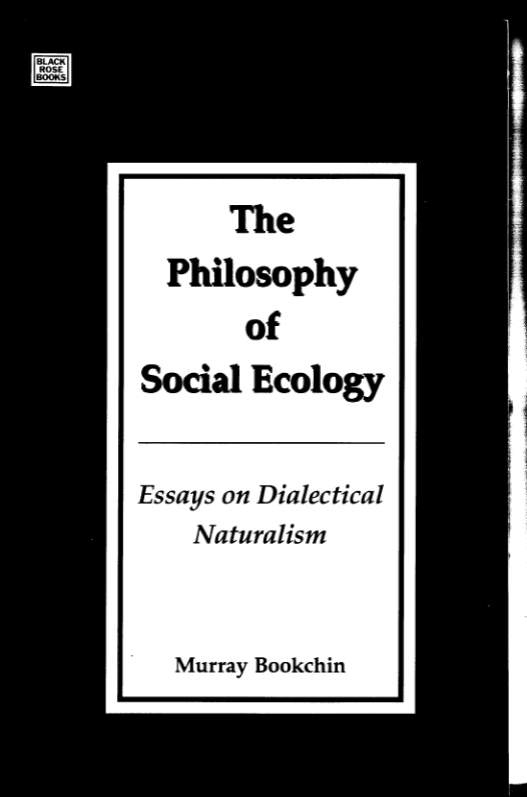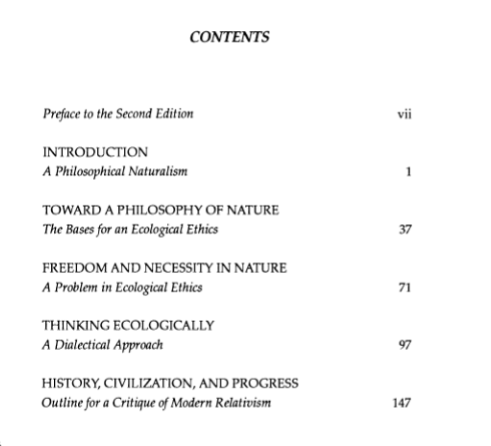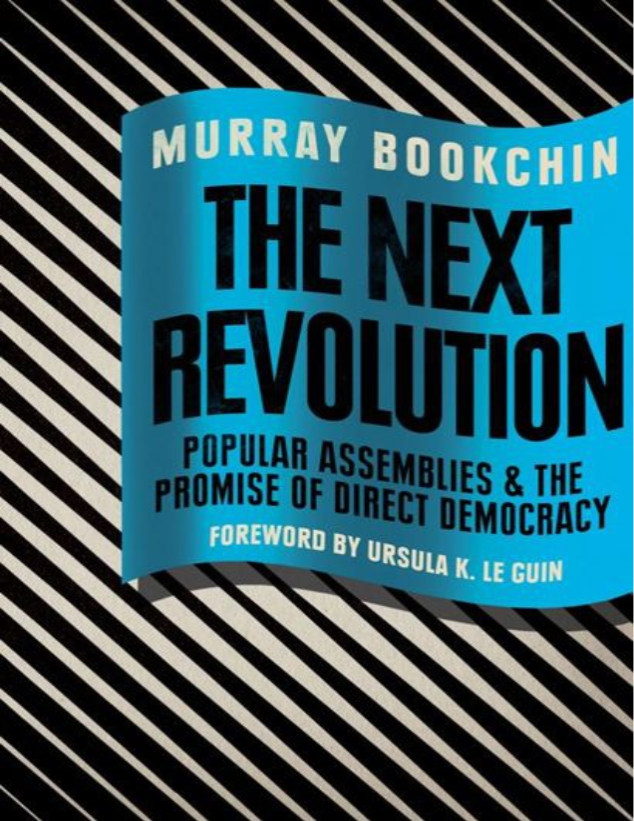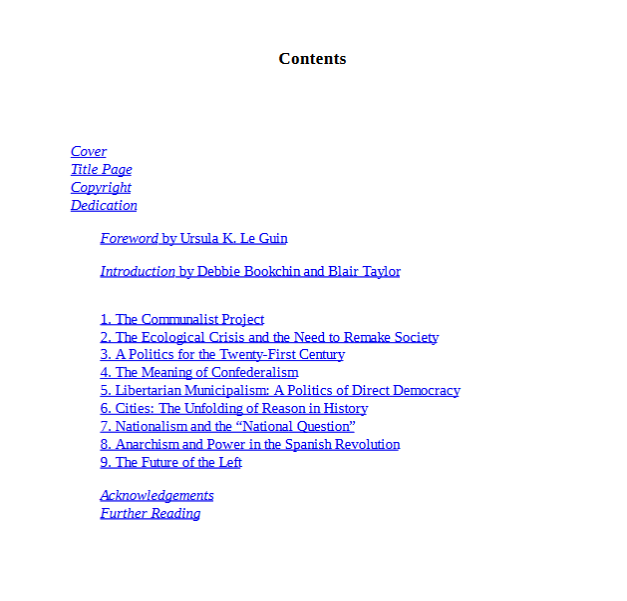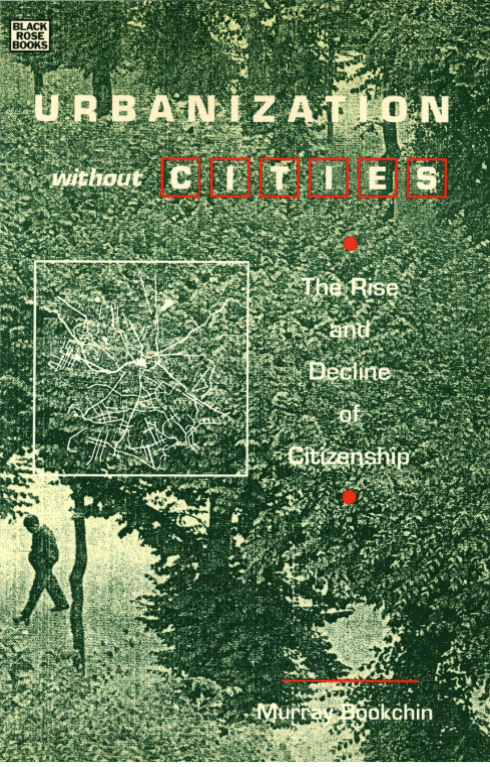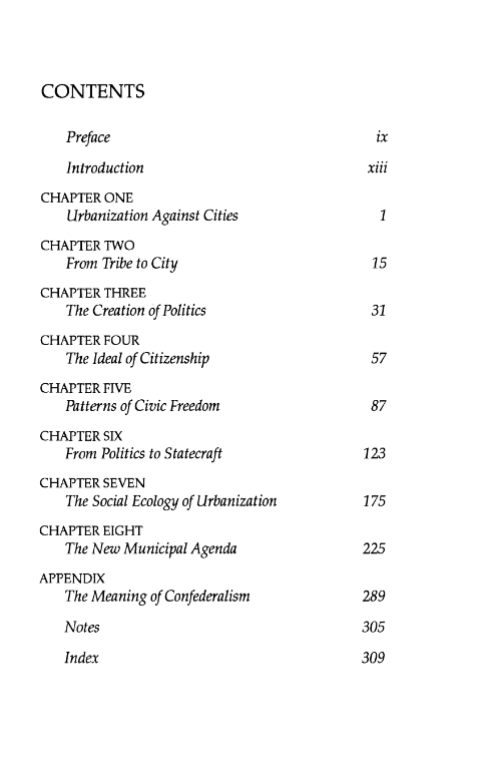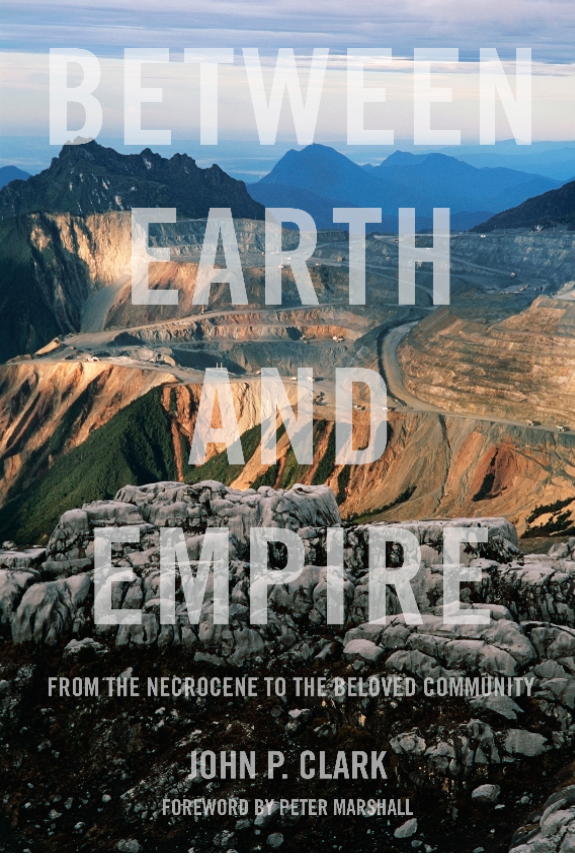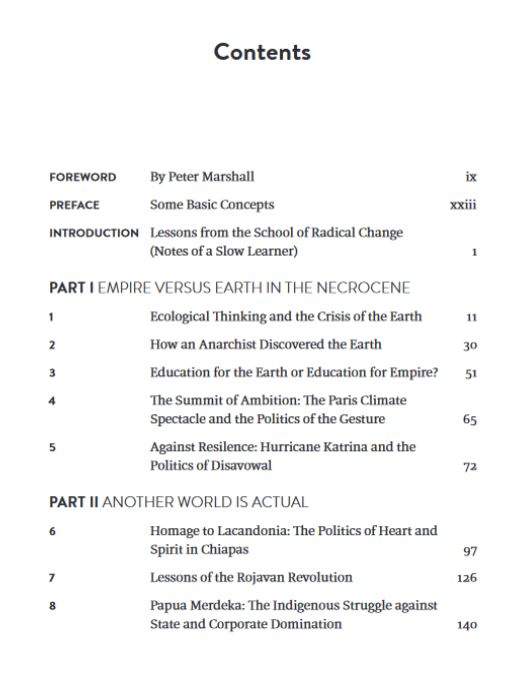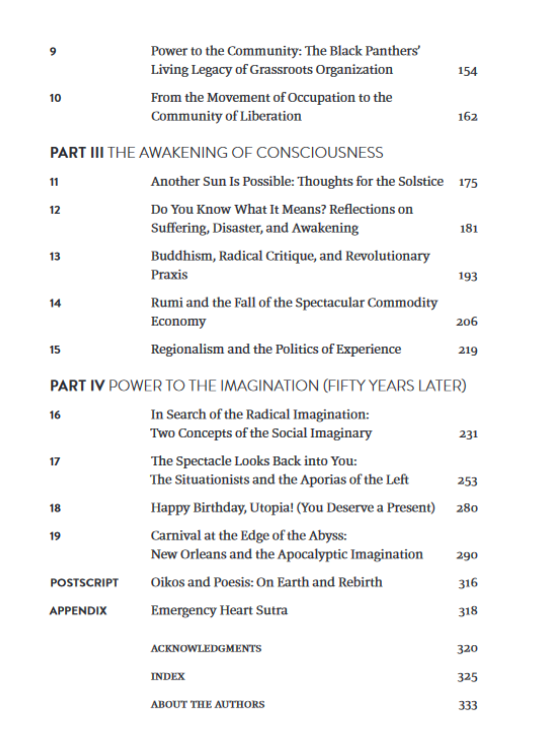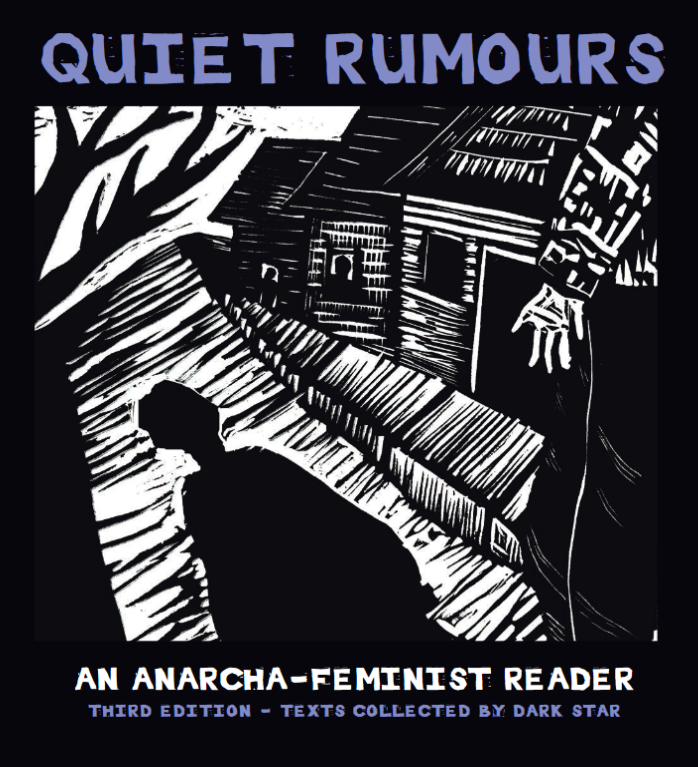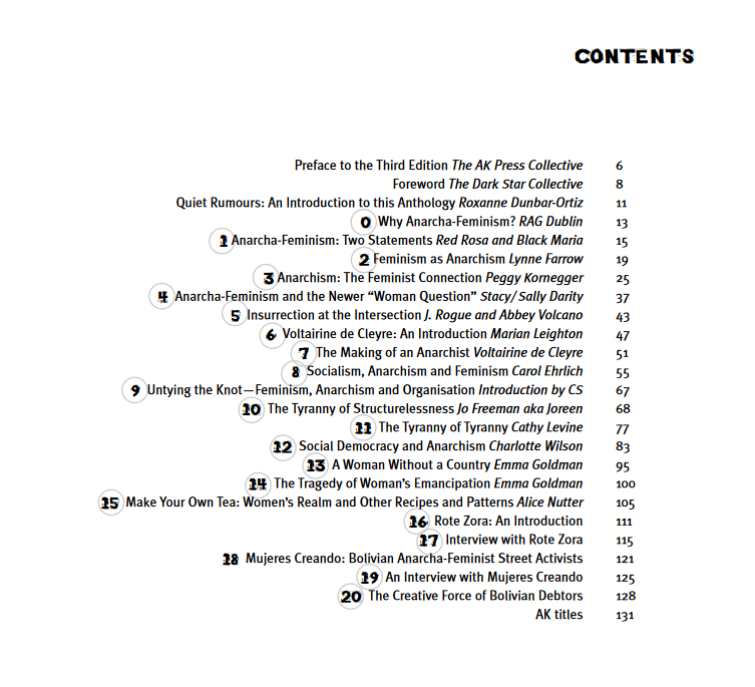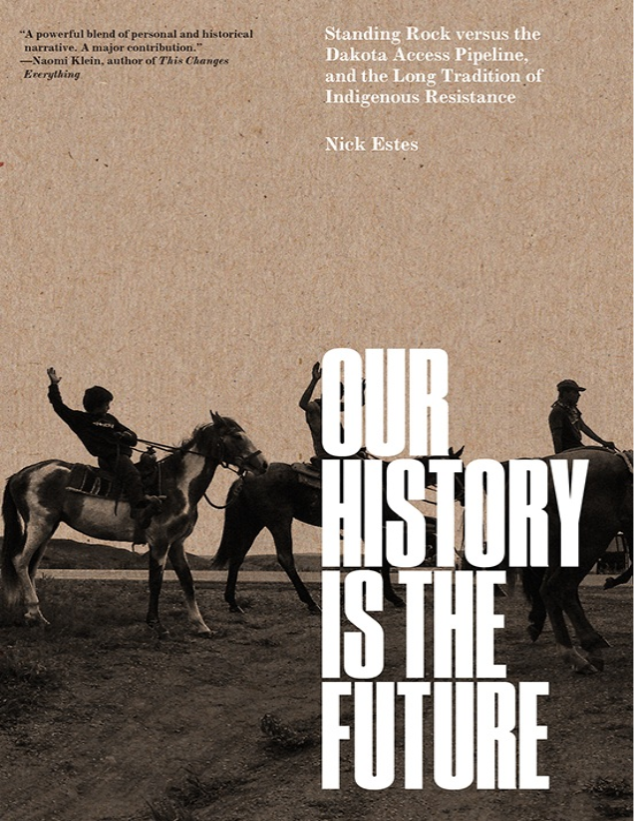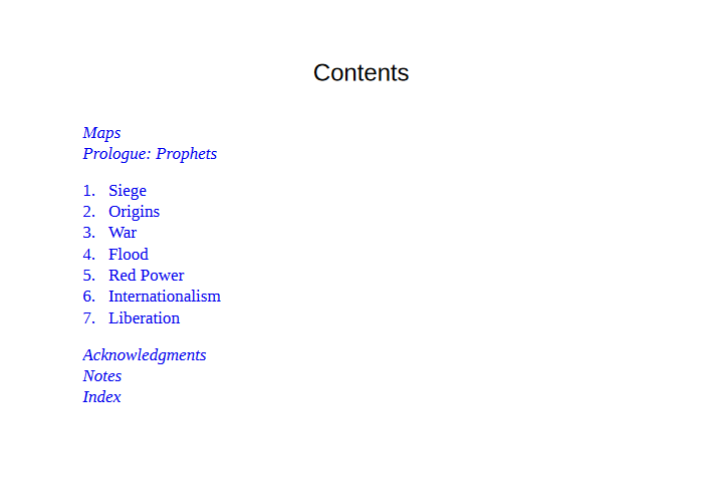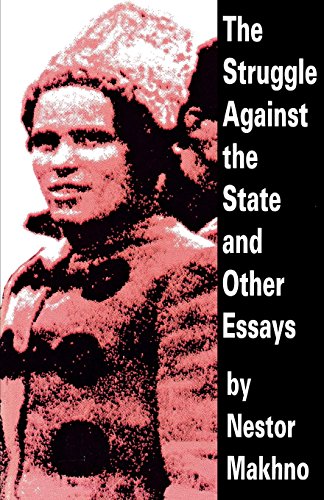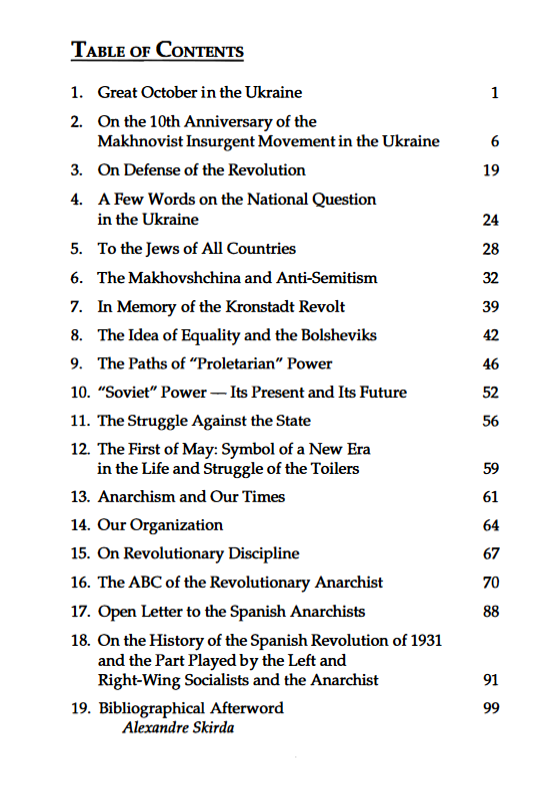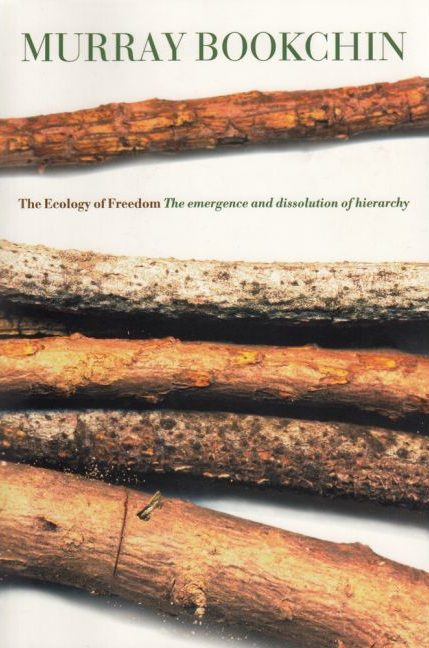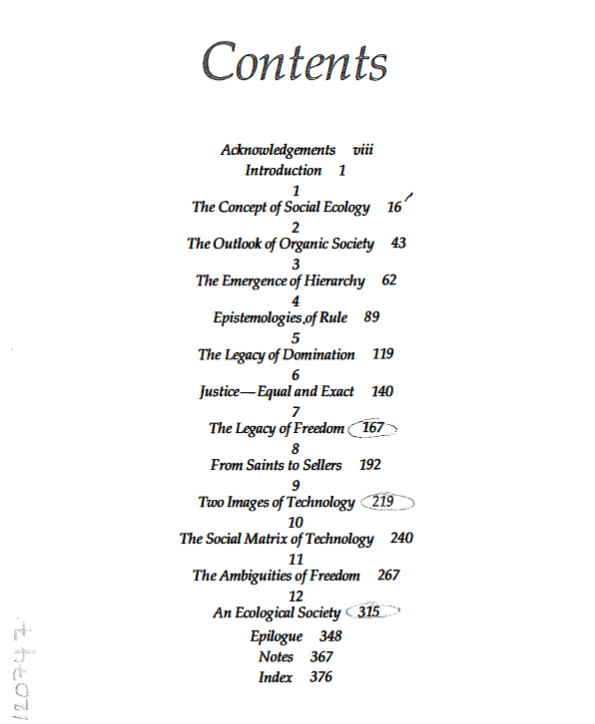Author(s)
Contents
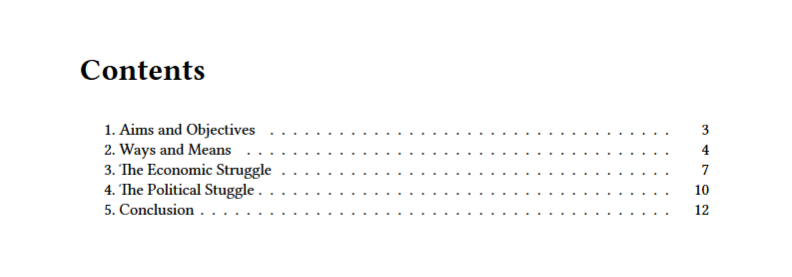
“We want to change radically [the] state of affairs. And since all these ills have their origin in the struggle between men, in the seeking after well-being through one’s own efforts and for oneself and against everybody, we want to make amends, replacing hatred by love, competition by solidarity, the individual search for personal well-being by the fraternal cooperation for the well-being of all, oppression and imposition by liberty, the religious and pseudo-scientific lie by truth.
Therefore:
1. Abolition of private property in land, in raw materials and the instruments of labour, so that no one shall have the means of living by the exploitation of the labour of others, and that everybody, being assured of the means to produce and to live, shall be truly independent and in a position to unite freely among themselves for a common objective and according to their personal sympathies.
2. Abolition of government and of every power which makes the law and imposes it on others : therefore abolition of monarchies, republics, parliaments, armies, police forces, magistratures and any institution whatsoever endowed with coercive powers.
3. Organisation of social life by means of free association and federations of producers and consumers, created and modified according to the wishes of their members, guided by science and experience, and free from any kind of imposition which does not spring from natural needs, to which everyone, convinced by a feeling of over, riding necessity, voluntarily submits.
4. The means of life, for development and well-being, will be guaranteed to children and all who are prevented from providing for themselves.
5. War on religions and all lies, even if they shelter under the cloak of science. Scientific instruction for all to advanced level.
6. War on rivalries and patriotic prejudices. Abolition of frontiers ; brotherhood among all peoples.
7. Reconstruction of the family, as will emerge from the practice of love, freed from every legal tie, from every economic and physical oppression, from every religious prejudice.
This is our ideal.”
Errico Malatesta
Leave a comment below with a valid email adress (it will not be published) to request this book.
